Hauntings of the Past
This week, I have been working diligently to edit my book, In the Wake of Madness, one last time, lost in the world of WW2 and its aftermath, steeped in feelings of fear and loss and hope. My ever-patient husband burst my cocoon twice to send me New York Times articles he knew would intrigue me. The first was a touching story by Will Matsuda, a photographer and writer of Japanese descent who lives in my adopted hometown of Portland, Oregon. Matsuda’s grandmother survived the nuclear blast of Hiroshima because she was living in Honolulu at the time. Needless to say, other family members were not so lucky. Like me, Matsuda was looking for a way to connect with his ancestors, to find some remnant of the life that was amidst the destruction left behind. Magically, he found it in the resilient ginkgo tree that miraculously survived the incinerating heat because its roots run deep. These survivors have been given a name all their own - and they have spread across the world just like their human counterparts. The tenacity of the ginkgo is matched by Matsuda’s own strong instinct to connect - even with the family he would never know. The story gave me hope that healing is real, that human beings can be almost as resilient as the ancient ginkgo.
But on the heels of that article was a dispiriting report of antisemitism in the Netherlands. Thankfully, police acted swiftly, arresting 154 soccer fans who were singing antisemitic chants on their way to a match. The Jewish population of the Netherlands is tiny, but antisemitism has permeated soccer culture there. It almost seems that these fans are disconnected from what they’re saying - and its real world effect - despite the efforts of their government. Just two days before, the country commemorated Dutch victims of war, including 102,000 citizens who were deported to gas chambers during World War 2. Must every generation learn the same lessons?
Clearly, the past is always with us, for better and worse. I am returning to my editing now, ever cognizant of the challenges of the present and hoping that the children of the 21st century won’t be forced to relive their own horrific versions of the tragedies of our past.

